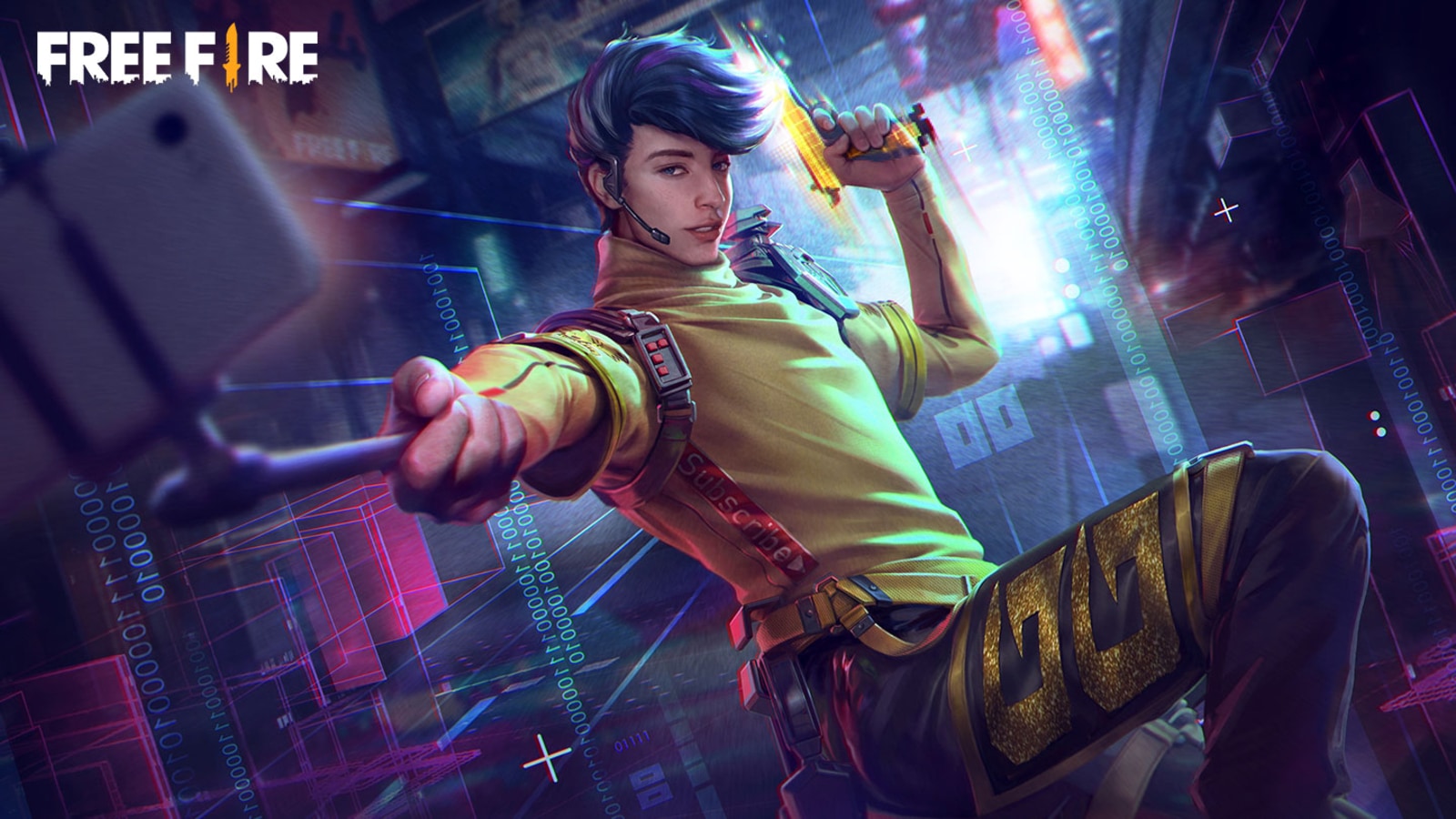One night in London, I took Majors along to a friend’s poetry reading at the Coronet Theatre in Notting Hill. It was late October, and despite the still-raging pandemic, the city had an autumnal strut to it. Streaked with mellow greens and golds, the river curved past the upscale southwest pocket of Twickenham with its swans, rugby bars and picturesque little boats passing by. When I prodded Majors about his poetry — he often writes during those predawn mornings when he’s up, and occasionally while preparing a character — it was the first time he truly became withdrawn. He knew that I had published a few books of poetry and that I teach it at college. I was in a gray suit and striped tie. He wore his trusty red wool beanie, a black light overcoat over a navy T-shirt, moss-colored wide-legged pants that stopped at the calf and ankle high lace-up boots. Upon entering the red-carpeted, late-Victorian space, he came across an acoustic guitar orphaned in a corner and proceeded to pick out the opening notes of Jay-Z’s “Public Service Announcement (Interlude)” with a puckish smile on his face. After the reading, we drifted into the reception area where he chatted freely and easily about poetry, naming some of his favorite poets — Jack Gilbert, Mary Oliver, Anne Sexton — and deflecting as best he could any talk about his acting. When he was introduced to an editor as “a breakout star,” he winced and replied, “You can only be a breakout star for so long.”
He then proceeded to cause pandemonium among the assembled poets and editors when he declared that “Richard II” was his favorite Shakespeare play. Perhaps from having been fed a steady diet of Americans professing their love of “Hamlet,” “Macbeth” and “The Tempest,” they didn’t want to believe him. He insisted that it was true, that he found constant solace in Richard’s “No matter where; of comfort no man speak” monologue and the fact that the entire play is in verse, making it an oddity. Everyone in the play speaks poetry — no matter their social status. Coincidentally or not, there’s no clown, unless we count Richard, the king, who, in becoming aware, becomes his own holy fool.
A few days later, I met him at his home away from home, in Twickenham. Inside, a photo of Muhammad Ali hung by the staircase. The living room’s windows looked out over a yard and the Thames River beyond. Books of poetry, philosophy and photography were stacked everywhere, with the occasional script mixed in. To one side of the living room was a treadmill, to the other two rows of five neatly aligned Balinese theater masks, the sculpted faces spanning the color spectrum. They were full of meaning, though inscrutably so.
I had become accustomed to playing his guitar and reading the books scattered about as we killed time in this riverside rental house in a neighborhood that the “Loki” star Tom Hiddleston tipped him off to. One book in particular caught my attention: “Poetics of Relation,” by the great Martinican philosopher-poet Édouard Glissant. “There’s some Kang energy in that,” Majors told me. Glissant’s beautiful, complex book is a masterpiece of Caribbean thought. And though its focus is on that part of the world, its central idea is more universal: basically, that Western culture has championed linear progress and finds legitimacy through the linearity of time and direct connections to a mythicized past. In contrast, Glissant argues for radical change: “an open totality evolving upon itself.” He wants, in other words, to elevate simultaneous multiplicities over the Western ideal of hierarchy and linearity. I couldn’t help thinking of Majors when I arrived at one passage near the end of the book: “Distant reader,” it begins, “as you recreate these imperceptible details on the horizon, you who can imagine — who can indulge the time and wealth for imagining — so many open and closed places in the world, look at him.”























